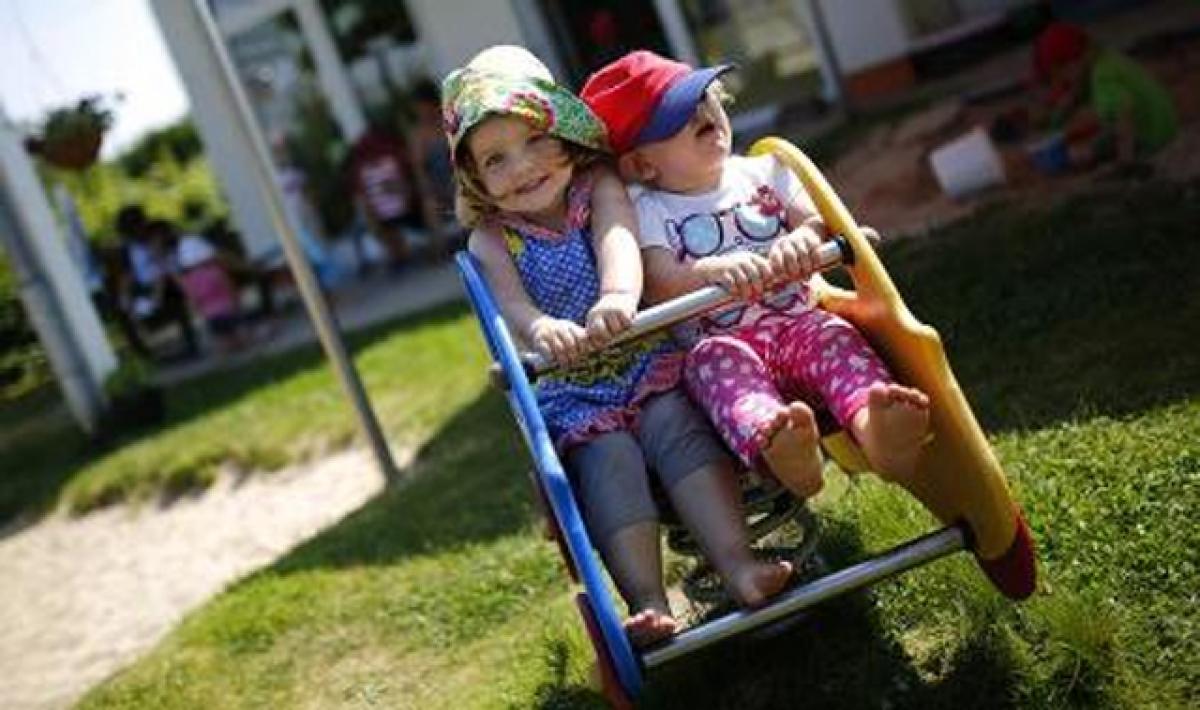Live
- Bengal: Senior resident doctor accused of rape, attempt to murder absconding
- Prateeksha Srivastava says she seldom meets fellow music composers Rusha, Blizza, in person
- KTR Accuses Government of Brutality Against Farmers, Calls for Immediate Action
- Manchu Manoj Attends Shooting Amid Family Controversy
- BWF World Tour Finals: Treesa-Gayatri defeat Malaysian pair to keep semis hopes alive
- MUDA case: Complainant Krishna asks Lokayukta to file new plaint on CM Siddaramaiah on ED’s report
- Airport capex in India to cross Rs 60,000 cr in fiscals 2025-2027 to handle growing traffic: Crisil
- Five-Year-Old Boy Dies After 55-Hour Rescue from Borewell in Rajasthan's Dausa
- Chaos in Parliament over Congress-George Soros link claims, BJP MP poses questions
- Bus Driver Arrested After Deadly Accident in Mumbai’s Kurla; 42 Injured





.jpg)




